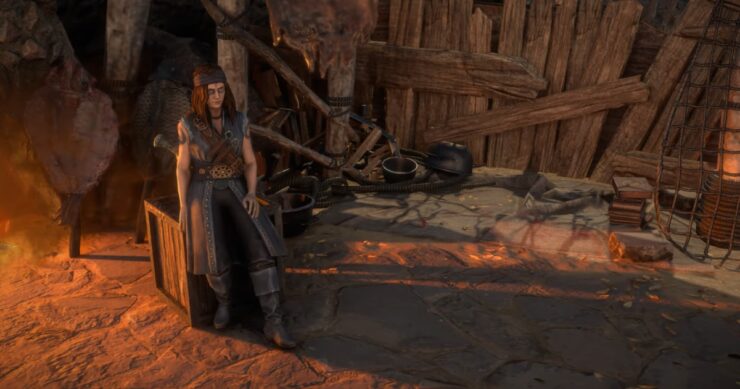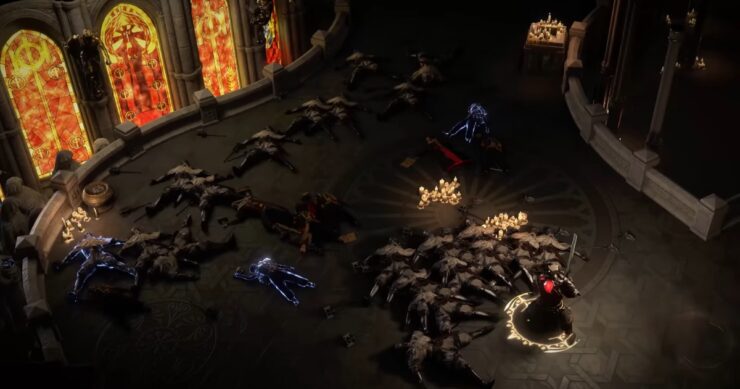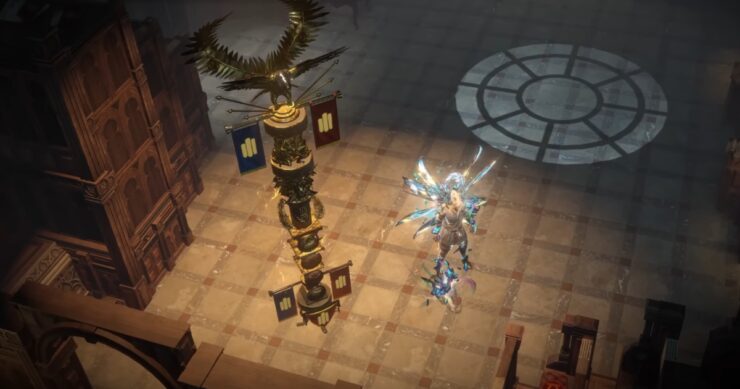Path of Exile (PoE), an enthralling online action RPG, offers a unique experience with its intricate economy and profound character customization. The essence of PoE lies in its distinct approach to currency, which stands apart from traditional gaming economies that typically use standard gold or silver coins.
In PoE, the economy is underpinned by various items like orbs and scrolls, each serving dual purposes of currency and crafting tools. This system demands a nuanced understanding of the value and utility of each item, which is crucial for any player looking to amass wealth in the game.
The Intricacies of PoE’s Currency System
Diving into the world of PoE currency, one must first grasp the currency system’s intricacies. This system is a radical departure from what most gamers are accustomed to. Here, there is no universal gold or silver. Instead, the game employs a barter system where items such as orbs and scrolls, each with their unique functions, are used as currency.
For instance, the Chaos Orb, a staple in the PoE economy, is commonly used for trading and also for rerolling random modifiers on rare items. Understanding the value and use of each currency item is fundamental to thriving in PoE’s economy. Learn more about PoE currency at playerauctions.com.
Mastering Efficient Farming Techniques

At the heart of earning currency in PoE is the concept of farming. This involves engaging in repetitive gameplay activities like killing monsters, opening treasure chests, and completing various in-game maps.
Efficient farming is key and is influenced by several factors including the choice of maps, the speed and power of your character build, and the knowledge of which items are worth picking up. Players need to strike a balance between speed and thoroughness to maximize their earnings from each farming session.
Navigating the Trading Landscape
Trading forms a pivotal component of PoE’s economy. Players can significantly boost their currency stash by trading items with others. This could involve selling high-value items you don’t need or buying items for crafting and later selling at a profit.
Trading in PoE is facilitated through various platforms, including the official trade website and third-party applications. Understanding the dynamics of trading, including supply and demand, pricing strategies, and negotiation skills, can greatly enhance a player’s ability to accumulate wealth.
The Art of Item Flipping
A more advanced, yet highly profitable method of earning currency in PoE is item flipping. This involves buying items at a low price and selling them at a higher price.
Successful flipping requires a deep understanding of the game’s economy, an eye for market trends, and the patience to wait for the right buying and selling opportunities. While it can be risky, especially for beginners, mastering this art can lead to significant profits.
Crafting as a Source of Wealth

PoE’s crafting system is not just a tool for creating powerful gear; it’s also a pathway to generating currency. The game offers complex crafting mechanics where players can modify or create items.
Crafting items that are in high demand, either for their power or their utility in current meta builds, can be a lucrative business. However, it requires a good understanding of what the market wants and the willingness to invest in the crafting process.
Exploiting League-Specific Mechanics
Each new league in PoE introduces unique mechanics and items, which can be a goldmine for currency generation. Engaging with these league mechanics often results in acquiring special items that can be sold for a considerable amount of currency.
This is particularly true in the early stages of a league when demand for new items is high. Players who quickly adapt to new league mechanics can reap significant financial rewards.
Profiting from the Labyrinth
The Labyrinth in PoE presents another opportunity for earning currency. This unique dungeon, with its varying levels of difficulty, offers rewards like Enchantment Helmets and Treasure Keys, which can be highly valuable. Efficient farming of the Labyrinth, especially its more challenging versions, requires not only skill but also an understanding of its reward mechanics.
Delving for Riches in the Azurite Mine

The Azurite Mine, another distinct feature of PoE, offers players a chance to delve deep into valuable treasures. The deeper one goes, the more rewarding the loot, particularly fossils, which are highly sought after for crafting. Successful delving requires balancing the risk of deeper levels with the potential rewards and managing resources like dynamite and flares.
Conquering Endgame Bosses for Profit
Engaging with PoE’s endgame bosses like the Shaper, Elder, and their guardians is not just a test of skill but also a potential source of income. These bosses drop exclusive items that can fetch a high price in the market. However, this method is not for the faint-hearted as it requires a robust build and a deep understanding of the game’s mechanics.
Manipulating the Immortal Syndicate
The Betrayal League introduced the Immortal Syndicate, a complex feature where players can manipulate syndicate members for rewards. Understanding and effectively managing this system can lead to significant currency gains. It requires strategic decision-making and an understanding of the rewards each syndicate member can offer.
Staying Abreast of Market Trends

Lastly, a key to success in PoE’s economy is staying updated with market trends. The value of items can fluctuate dramatically based on the current league mechanics, popular builds, and player demand. Keeping an eye on these trends helps in making informed decisions about what to farm, craft, and trade.
Closing Thoughts
In conclusion, accumulating currency in PoE is a multifaceted endeavor that blends knowledge, strategy, and adaptability. From understanding the unique currency system to engaging in efficient farming, trading, crafting, and exploiting various game mechanics, there are numerous avenues for players to explore and excel in.
The journey to wealth in PoE is as complex as it is rewarding, offering players not just in-game riches but a deep and engaging experience in one of the most intricate economies in the gaming world.











